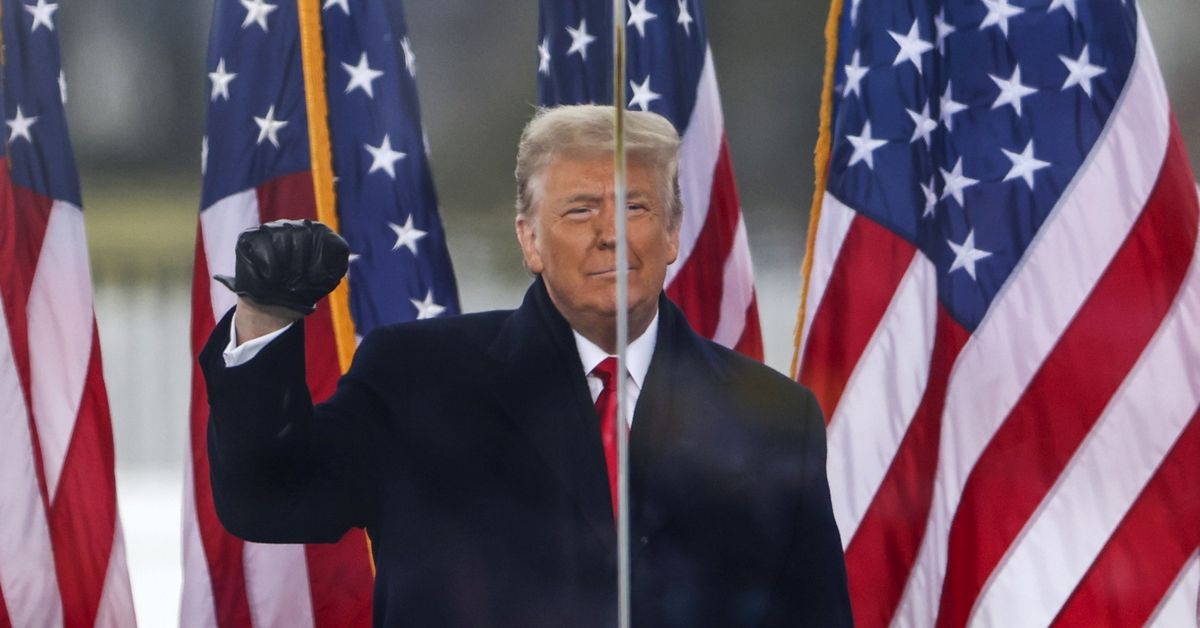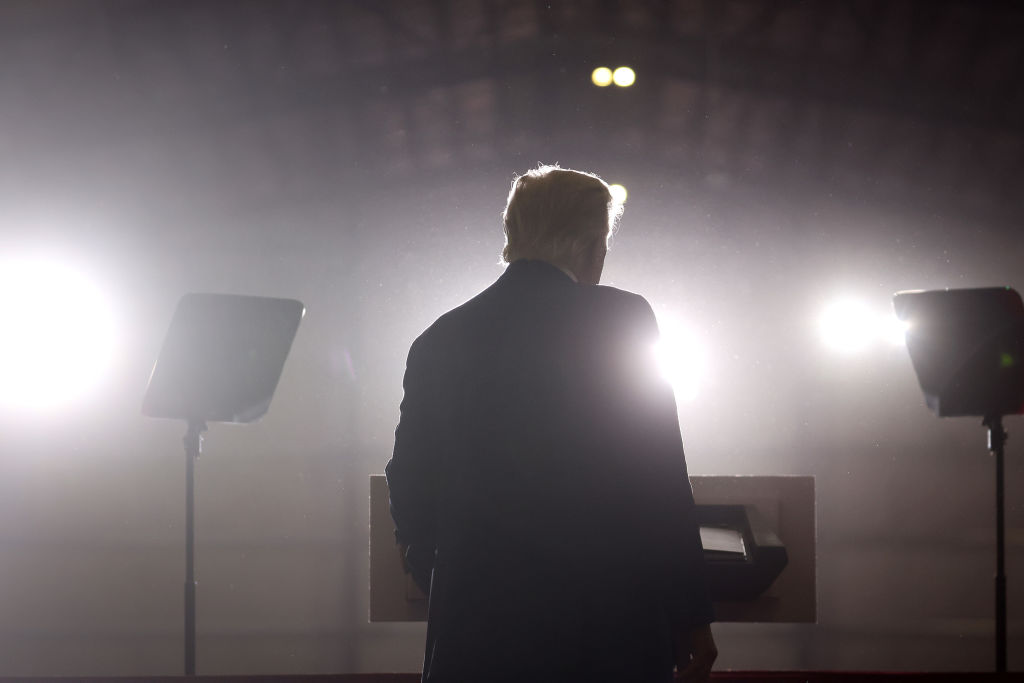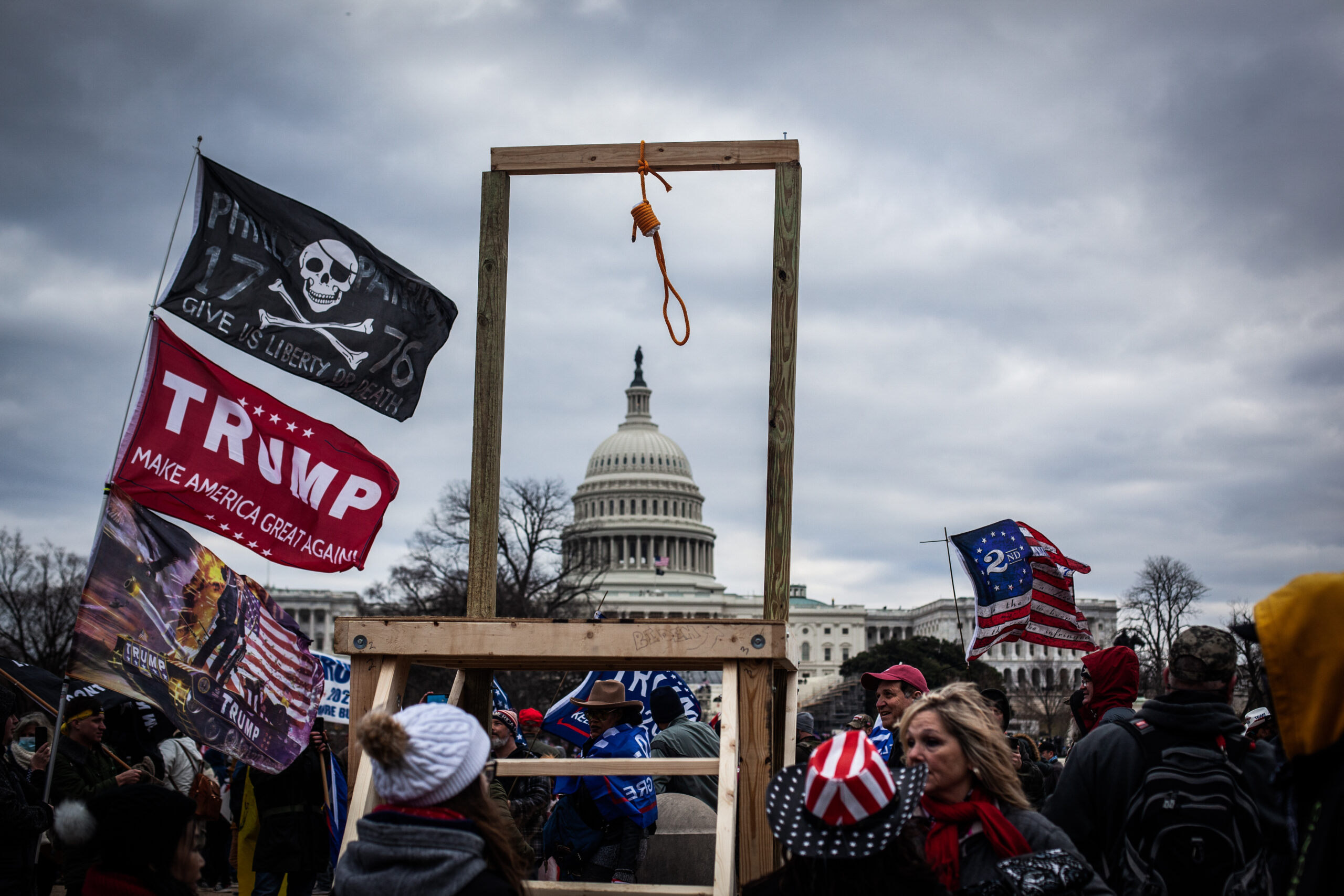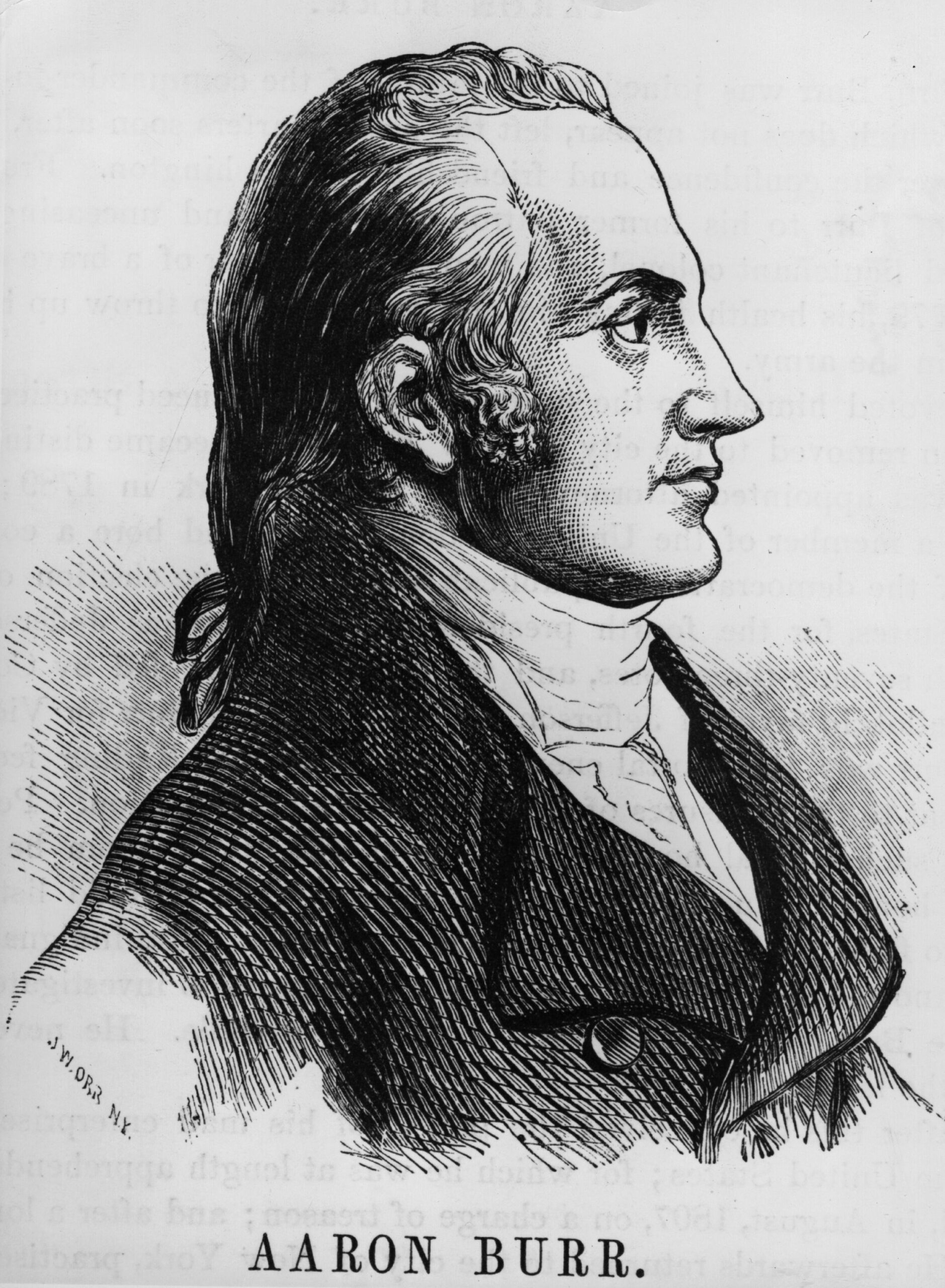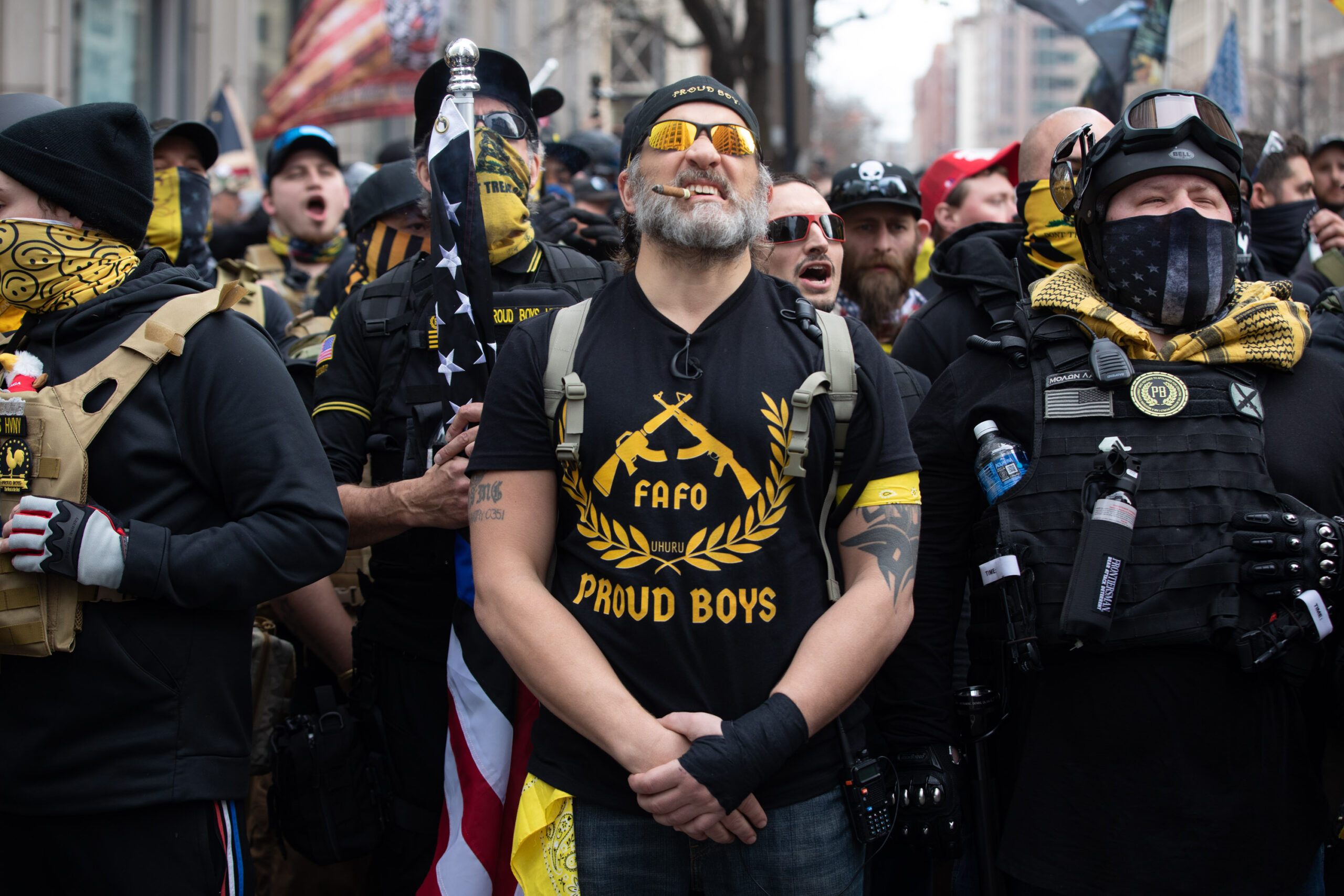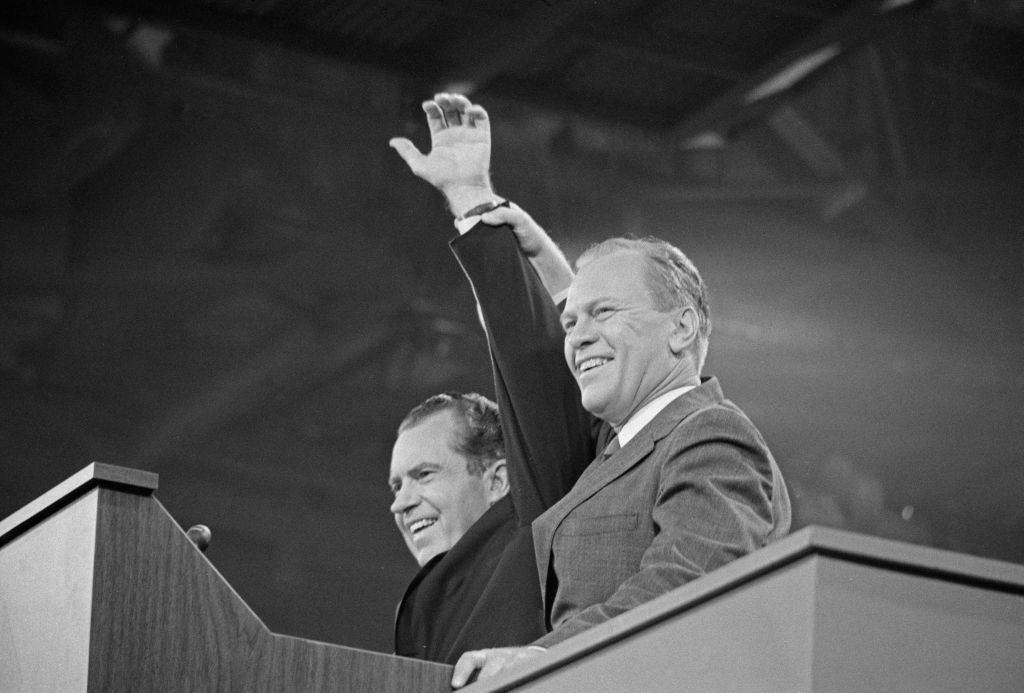The House committee investigating the Jan. 6, 2021, attack on the U.S. Capitol began presenting its findings in June 2022. Step by step, soundbite by soundbite, video clip by video clip, the members disclosed puzzle pieces of evidence with, at times, the rhythm of a highly polished documentary film series.
As of this writing, the committee seemed to be working towards a very specific aim, and an explosive, unprecedented one at that — recommending and laying out the path towards a criminal prosecution of former U.S. President Donald Trump.
But if the evidence exists to support criminal charges against Trump, the Department of Justice (DOJ) will face a difficult decision over whether to bring him to trial. What are some of the factors it might take into account in making that choice? What are the arguments for and against? Snopes asked experts in law and ethics for their insights and expectations.
In all of American history, no prosecutor has ever put a sitting or former president on trial, but it did once happen to a former vice president — Aaron Burr in 1807. We asked an expert on that case what lessons it held for prosecutors, and what the American public might expect from "Trump on trial."
What Criminal Charges Might Trump Face?
As of this writing, the full scope of evidence and testimony was not publicly known yet, so we can't say for sure what specific charges the committee might recommend. However, so far the members seemed to have their sights set on accusing Trump of committing at least two criminal offenses:
- Corruptly attempting to obstruct an official proceeding (the counting of electoral votes at the Jan. 6, 2021, joint session of Congress), as outlined in U.S. Code Title 18, Chapter 73, Section 1512(c)(2). This offense carries a potential sentence of up to 20 years in prison.
- Conspiracy to defraud the United States (by attempting to obstruct the electoral vote count despite likely knowing that plan was illegal), as proscribed in U.S. Code Title 18, Chapter 19, Section 371. This offense carries a potential sentence of up to five years in prison.
In federal court filings, the committee explicitly accused Trump of having committed those offenses. In a March 2022 order, U.S. District Court Judge David Carter ruled it was "more likely than not" that Trump had indeed committed those offenses.
Separately, federal prosecutors have charged others who were involved in the events of Jan. 6 with the much more serious and somewhat enigmatic offense of seditious conspiracy, which federal statute (U.S. Code, Title 18, Chapter 115, Section 2384) describes as an effort by two or more individuals to:
Overthrow, put down, or to destroy by force the Government of the United States, or to levy war against them, or to oppose by force the authority thereof, or by force to prevent, hinder, or delay the execution of any law of the United States, or by force to seize, take, or possess any property of the United States contrary to the authority thereof...
Seditious conspiracy carries a potential maximum sentence of 20 years in prison. In June 2022, prosecutors charged five prominent members of the far-right Proud Boys group with the offense, for their alleged role in the events of Jan. 6, 2021.
Since the aim of Trump's alleged actions, as outlined by the committee, were purportedly in common with those of the Proud Boys — that is, attempting to block the U.S. government from executing a lawful transfer of presidential power — then the prospect of federal prosecutors charging Trump himself with seditious conspiracy is one that must not be taken lightly.
Seditious conspiracy is an extremely serious criminal offense. In the U.S. Code, it is listed in the same chapter as treason, rebellion, and insurrection. In the past, prosecutors have used the charge against Islamist terrorists.
To prosecute a former American president with any criminal offense would represent an extraordinary first for American politics and criminal justice. To prosecute him for seditious conspiracy, or even conspiracy to defraud the United States, would be an explosive development that could have any number of far-reaching consequences.
But, assuming the existing evidence is strong enough to justify going to trial, how should prosecutors weigh such considerations, which stray beyond straightforward calculations involving the facts and the law.
Bolstering America's International Reputation — Is It Too Late?
It's worth noting, again, that a criminal prosecution of a former president would be unprecedented in U.S. history. However, former heads of state or governments have been criminally prosecuted in several other countries, including Ukraine, Brazil, Bolivia and Georgia.
One argument against putting Trump on trial is that, by doing so, the DOJ would place the U.S. among a group of nations widely regarded as having an unsteady grip on democracy and difficulties in executing a transfer of power, in particular.
Wanting to prevent the United States from arriving at such a scenario, and joining such dubious company, is sensible and understandable, according to Peter Shane, an Ohio State University law professor and expert in presidential powers. However, the actions of Trump and his supporters mean it might already be too late, he told Snopes:
On the list of countries where the person who is the head of government is arguably supportive, even, of violent means to stay in power and resist normal constitutional processes — we're already on that list. So, if we're going to be on that list, then for the Democrats who are in office to say, 'We ought to behave as if we're above it all, institutionally' — I think could turn out to be a grave mistake.
Preventing Violent Conflict — At All Costs?
Another argument against indicting Trump is that such a move could significantly inflame political and social tensions in the United States, and provoke acts of violence and terrorism that could eclipse even the Jan. 6 Capitol riots themselves.
Those in favor of a criminal trial have a clear answer to those concerns: Violence and division is already upon us, and letting Trump off the hook (if he is guilty) wouldn't fix those problems but could permanently make other matters worse.
One expert who favors a criminal prosecution of Trump (if the evidence supports it) is Claire Finkelstein, a professor of law and philosophy and founder of the Center for Ethics and the Rule of Law at the University of Pennsylvania. She told Snopes:
We are facing the potential dissolution of our democratic norms, and the fabric that holds our democracy together, in a manner that is as grave as anything we've faced since the Civil War.
...I appreciate that the U.S. may be on the brink of mass violence, and I think that that has been a long time in coming. But ... there are worse things than violence. We faced violence during the actual Civil War to eliminate slavery in the country. And that was a fight worth fighting. And it was the right thing to do.
The Trial of Aaron Burr, 1807
Kent Newmyer, an emeritus professor of law and history at the University of Connecticut and author of a book about the 1807 treason trial of former Vice President Aaron Burr, told Snopes that that episode held important lessons for observers in 2022.
The case against Burr was based on unproven claims that he had been plotting, with the aid of British and Spanish contacts, to form a breakaway country in the southwestern United States.
Former President Thomas Jefferson, motivated by significant personal and political resentments towards Burr, who had been his vice president, personally interfered in the trial.
The jury acquitted Burr but noted that the presiding judge, Supreme Court Chief Justice John Marshall, had restricted the presentation of evidence and imposed a relatively narrow definition of treason. Marshall was, in part, acting out against the interference of Jefferson, with whom he shared a mutual hatred, said Newmyer.
Despite the acquittal, Jefferson succeeded in poisoning public opinion against Burr and ending his political career. Widely perceived as a traitor, the former vice president chose to emigrate to Europe rather than face the opprobrium of his fellow Americans, although he did return home some years later.
For Newmyer, the Burr affair preempted the unpredictability and unintended consequences of any potential criminal trial of Trump:
There must be the feeling, among people involved in this process, that a trial ... would be highly unpopular and a jury verdict, even if it's against Trump, might actually elevate Trump.
Decision-makers in the DOJ are likely speculating, "even if we win, we might lose," Newmyer added.
Upholding the Rule of Law, Defending American Democracy
Finkelstein and Shane agree that failing to prosecute Trump, or pardoning him (a potential outcome on which we elaborate below), would not reverse recent trends towards far-right political violence, and it could do great damage to several institutions and principles that are of fundamental importance to American democracy and justice.
Finkelstein said:
When you allow government officials to violate the law with impunity, a vast amount of damage is done to the rule of law, to our democracy, to the very concept of ordered liberty.
...If we have presidents that can literally set a mob on our Capitol building in the middle of the transition of power and certification of the votes, then we seriously risk all future transitions of power and the integrity of our electoral system. So, I think there's no choice.
If Trump is not prosecuted, despite the putative existence of damning evidence against him, while others (i.e., members of the Proud Boys) face tough penalties for similar crimes, that double standard could further destroy public faith in American politics and the U.S. justice system. Shane said:
A lot of Americans are cynical about politics, and cynicism is the enemy of political engagement. 'Why spend my time playing a rigged game?'
What is it that leads people to be cynical? I think there are two things. Number one is when people who are elected make promises that they don't keep. But the other thing is when people in powerful positions — be they public or private — who do bad things, are not held accountable.
For Finkelstein, Trump's public prominence and influence mean he should bear more responsibility for his actions, not less, especially when less powerful actors are being held to account:
So, the lesson would be that we indict the leaders of the Oath Keepers and the Proud Boys, but not our government officials? So, it's OK for elected officials, senators, congressmen, wives of Supreme Court justices, presidents, cabinet members and so on — but it's not OK for the little guy? It's not OK for the people who were, in effect, led down that path by members of former administrations?
That kind of elitist message is not what we want to send. ... And it sends a message to future politicians that if they make their crimes big enough, and they involve enough people in them, they'll get away with them.
Alternative Outcomes
If evidence does exist that Trump committed criminal offenses surrounding the Jan. 6 attack on the Capitol and his efforts to overturn U.S. President Joe Biden's win, there are several potential ways to deal with that, one being a criminal trial, the course of action we've focused on in this article.
However, even within that path, several possible outcomes exist.
Mark Rozell, dean of the Schar School of Policy and Government at George Mason University, suggested to Snopes one possible outcome that, in his view, might help bring the episode to a relatively satisfactory resolution:
Prosecution of the former president followed by a pardon to, once and for all, put these matters in the past.
For his part, Newmyer sees the best — and perhaps only — hope of a relatively calm resolution to the episode residing with the U.S. Supreme Court.
If Trump is prosecuted and convicted (assuming the evidence supports such a verdict), and that result is appealed and comes before the Supreme Court, whose conservative majority was provided by three Trump appointees, a decision by that particular body to uphold Trump's conviction might have the legitimacy to quieten some outrage. "If that Trump court came down against Trump, that could have tremendous authority," said Newmyer.
Finally, it's worth considering another possible course of action that doesn't require a criminal trial, but might be somewhat complicated. Section 3 of the Fourteenth Amendment states that anyone who has previously sworn an oath to protect the U.S. Constitution, but then engages in "insurrection or rebellion," is, in effect, ineligible to hold public office.
A simple majority in the House and Senate could recommend designating Trump ineligible for future election. That vote would not be decisive but could sway a federal court to reach the same conclusion. Trump's legal representatives would likely pursue several arguments against such a ruling, and the process would be relatively complicated.
However, in principle, Section 3 offers an intriguing alternative for those who wish to see Trump barred from ever holding office again, with or without the prospect of a criminal trial and conviction.
